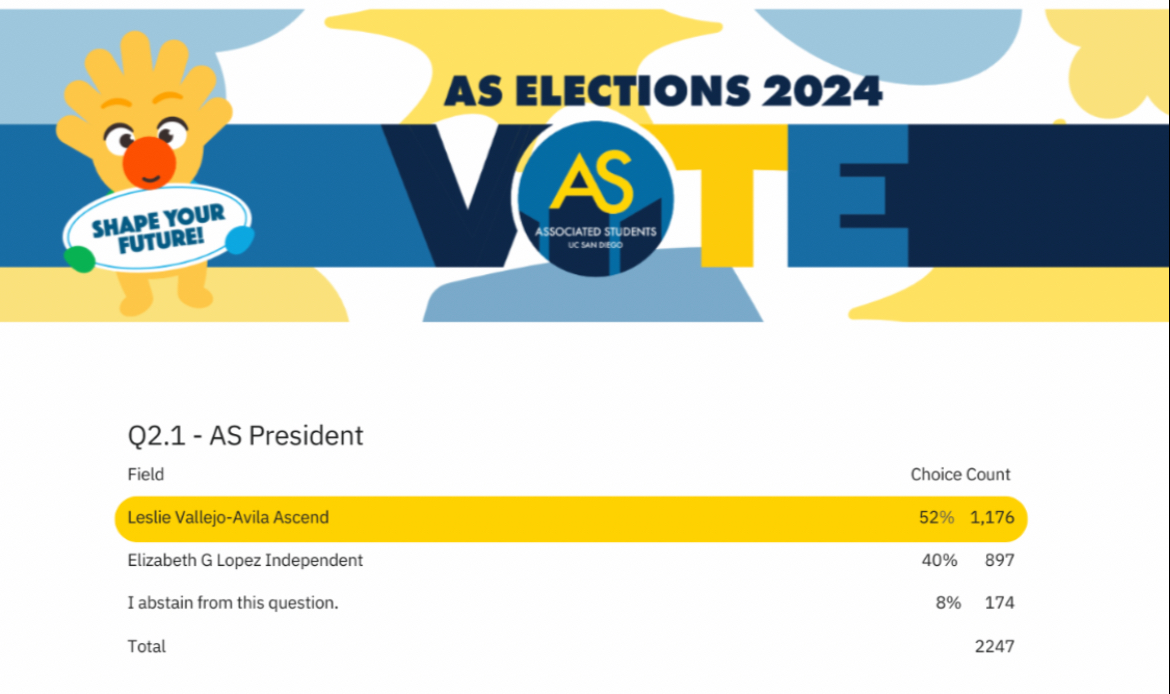There’s No Place for Racism in Miss USA
After winning the Miss USA pageant on May 16, Lebanese immigrant Rima Fakih has since experienced a flood of backlash from critics who say that because she’s Muslim, she doesn’t accurately represent America — and that her ties with a terrorist nation make her title undeserved.
In particular, Fakih has received conservative backlash over her name — which a few Hezbollah officials allegedly share. Radical pundits like columnist Debbie Schlussel have fueled an absurd rumor that Fakih is a terrorist, which birthed the unoriginal nickname “Miss Hezbollah.”
The suspicion that Fakih has anything to do with Hezbollah is embarrassing to our collective national intelligence. Claiming that her last name ties her to a militant group is on par with the assumption during World War II that every Japanese citizen was an enemy.
Fakih’s story — which helped to make this year’s string of candidates more representative of modern America than that of the blond-haired, blue-eyed, Stepford-in-training runner-up — offers a refreshing perspective on what it means to be American. She was not chosen, as critics have alleged, based on affirmative action, but on the competition’s true prerequisites — however shallow they may be.
In the end, Fakih wowed the judges with a stock interview and bikini bod. That’s not to say bestowing national honors based on superficial attributes is a good thing, but — by design — the Miss USA pageant is one instance where politics and religion should take a backseat to stunning evening dresses — and, of course, legs for days.
—Margaret Yau
Contributing Writer
Pageant Takes Two Steps Forward, One Step Back
Although this year’s Miss USA winner is the first Muslim or Lebanese-American to boast the crown — which may help shift perceptions of what the girl next door should like in the U.S — that victory means nothing inside a tradition as rigged and biased as a national pageant.
In Fakih’s defense, her resume is a far cry from last year’s Miss USA winner, Kristen Dalton — a blue-eyed blonde with nothing more than a North Carolina high-school diploma to her name. Fakih, on the other hand, graduated from the University of Michigan with a degree in economics and business management, and has plans to attend law school in the future.
But while Miss USA 2010 may be a more well-rounded baton-twirler than her predecessors, Fakih’s newfound fame still exists inside a superficial industry that emphasizes — above all else — the importance of light skin, meticulous hair and an anorexic bikini bod.
Though her victory may have taken a small step toward reshaping the cookie-cutter ideal of American beauty, it only means so much on such firmly-planted pillars of sexism.
—Cheryl Hori
Associate Opinion Editor







